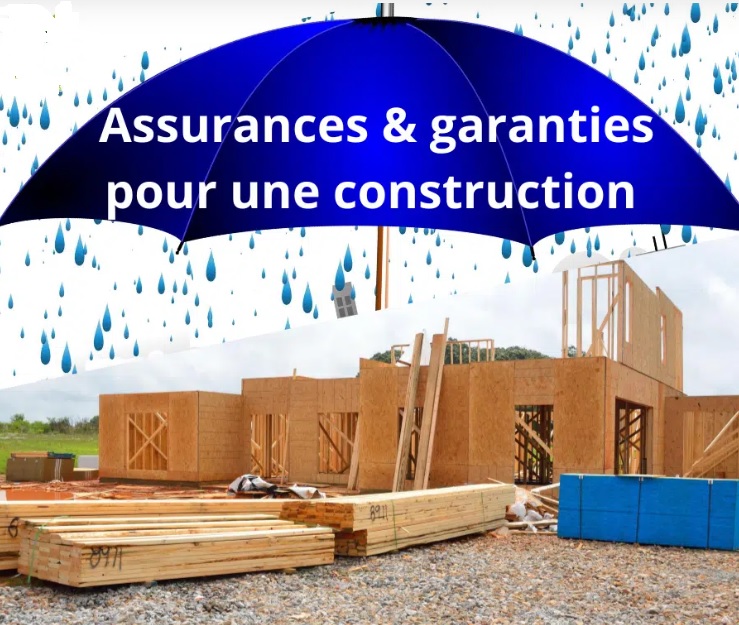
Builders Liability Insurance and Ancillary Activities
19th Sept 2024
A recent case in the French courts considered the scope of general liability insurance for a builder undertaking works of an ancillary nature.
To read the article you can take out a premium subscription for €20/YEAR at Subscribe to France Insider.
You can see the full catalogue of our articles at France Insider News.
If you no longer wish to hear from us simply unsubscribe using the link below.
Enjoy your reading,
The Team at France Insider
Want to read the full issue?
